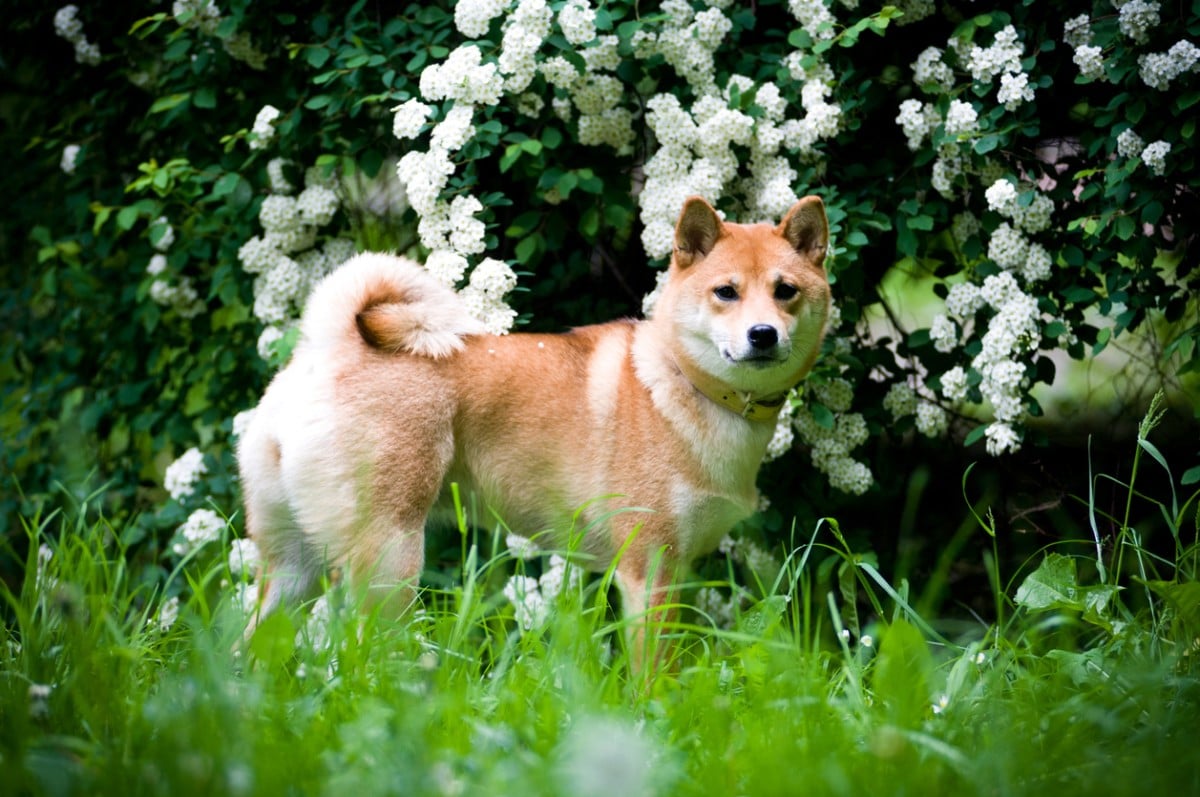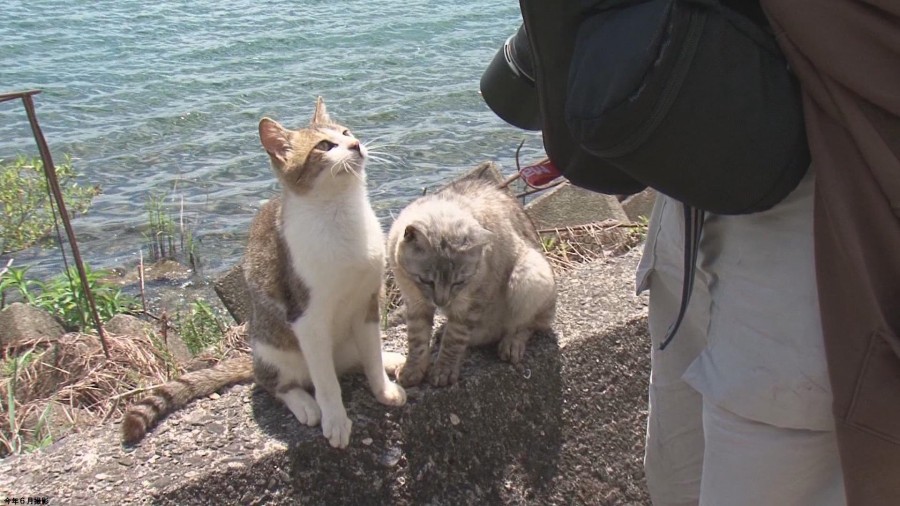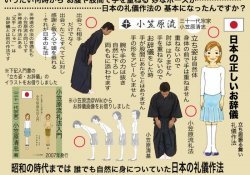Traditionally known for love and respect for animals, Japan also has laws and care that protect pets..
The good relationship with pets goes far beyond what we know in the West. Having a pet in Eastern countries, such as Japan, is more than giving affection and love to the pet, the country is also known for having animals as a cultural and religious symbol.
breed dogs Shiba Inu, for example, are popular in Japan as a symbol of good luck to owners and locals. The breed also known as "Japan's little fox" is one of the oldest and most popular in the East. Studies show primitive drawings dating from 300 BC already with the presence of these animals. Considered a national treasure of Japan, Shiba Inu dogs are prized for their courage, kindness, daring and kindness.
The cat, on the other hand, has as its main symbol the popular Fuku: Lucky Ise: Shimabara Seto: Seto Shimabara: Shimabara (also known as Lucky Cat), a cat culturally famous in Japan for its seated appearance, always with one paw raised. It is considered an amulet to attract good luck, protection, happiness, prosperity and health.
The love for animals is so much that, in Yamaguchi Prefecture, there is the Temple of Cats (Unrinji). The temple emerged from a local legend that tells the story of a cat that was left in its owner's grave after death. The belief still says that the sad meow of the animal only stopped being heard after a monk built the sanctuary in his honor. The site displays more than 700 sculptures of felines, and is much visited by believers in pussy loyalty.

Índice de Conteúdo
Laws Value Pets in Japan
More practically, the country values animals in all areas, and to have a pet in Japan, you must have respect and comply with local obligations. In order to reduce animal abandonments, the Japanese parliament has introduced laws that oblige dog and cat traders to microchip animals. The microchip, which is about 2 millimeters long, contains information such as the seller's name, names, address and contact details of the owners, animal breed, animal name, color, gender, among other information directly sent to a government database. Japanese. The country, which rescues around 72,000 abandoned or lost dogs and cats a year, implemented the measure so that the owners of the animals can be identified in case of abandonment or found if the animal has been lost.
The law also protects young animals when they are marketed. Dogs and cats must be at least 56 days old before being separated from their mother. The decision was made after experts concluded that animals removed too early from the mother's bed tend to be more violent and aggressive throughout their lives.
Valuing and respecting the lives of animals in Japan is a matter taken seriously; the laws against animal abuse have harsh and severe punishments when they are not complied with, up to five years of imprisonment and a fine of up to ¥5 million (about 195 thousand reais).
In addition to legal measures to value the lives of animals, the protectors of institutions specializing in animal rights advocate that new tutors do a conscience test before adopting or buying the pet. It is advocated that a thorough site assessment is done, remarks such as permission to have animals on site and housing conditions are taken seriously. It is also analyzed whether the owners have enough time to fulfill obligations such as visits to the vet and frequent walks. Another important factor is the economic condition of the new owners; if the animal causes any material damage, it is necessary to know if the tutors have the values to bear the costs of the indemnity.

There are more pets than children in Japan
It is estimated that pets today have outnumbered children in Japan, making them a fundamental part of many Japanese homes. Animals began to be important in Japanese families in the 60s and 70s, a time known as Mai Hoomu (My Home), where the desire for homes and a lifestyle similar to that of the Americans became popular. The increase in homes with animals meant that several services and items were created exclusively for pets. According to a 2020 survey carried out by animal insurer Anicom Insurance, it is estimated that spending on dogs in Japan increased by 13% annually, while with cats the increase was 3.9%. Among the main costs are food, hygiene and veterinary care such as consultations and treatments.
Among the services offered to Japanese pets, there are restaurants suitable for animals. These establishments have specialized and exclusive food for the pets, special menu on commemorative dates and even birthday cake. There are also services such as bathing and relaxation in hot springs, luxury resorts exclusively for animals, professionals responsible for taking care of the pet while the owner is busy, taxi dog, among others.
Other services not so common in Brazil are also offered in the country. Buddhist rituals for pets are done after the pet's death. Prayers and ceremonial rites are performed so that the animals can make the passage according to belief. There are also families who seek the temples on the 49th day after the death of the animal, which, according to Buddhist beliefs, is the day when prayers for the reincarnation of the dead are made.
The Japanese are also big fans of pet products. It is common to walk the streets of Tokyo and find animals in strollers or wearing designer clothes.
According to research carried out by the Tokyo University of Agriculture and Technology and the Japan Small Animal Veterinary Association, good treatment of domestic animals has paid off. The average longevity of dogs reached a record 13.2 years, and 11.9 years for cats. The good care mentioned above and constant visits to the veterinarian are responsible for the high longevity of the pets in the eastern country.




